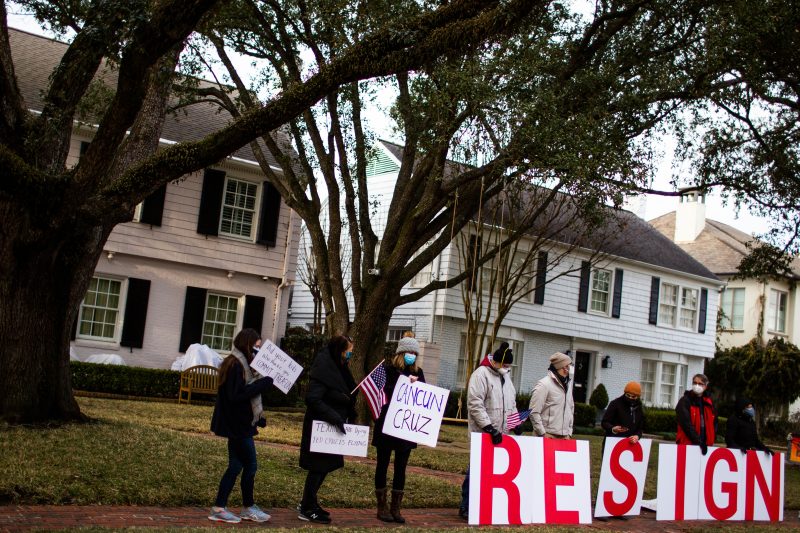In a world where freedom of speech and expression are considered fundamental rights, the debate over censorship and control of social media content has become increasingly relevant. Recent developments have shed light on the practice of jawboning, where politicians use their influence to pressure social media platforms to remove or alter certain content. This practice has raised concerns among free speech advocates and legal experts, drawing scrutiny and sparking important conversations about the delicate balance between regulation and individual liberties.
The impact of jawboning by politicians on social media platforms has become a controversial issue, as it blurs the lines between governmental interference and private company policy. By exerting pressure on these platforms to delete posts or profiles that they deem objectionable, lawmakers may be overstepping their bounds and potentially infringing on the right to free speech. This action can have far-reaching consequences, potentially stifling dissent and limiting access to diverse viewpoints, thus undermining the principles of democracy and open discourse.
Furthermore, the growing trend of politicians using their authority to influence social media platforms has raised questions about the accountability of these platforms and the need for transparent and consistent content moderation policies. While social media companies are private entities with the right to establish their own rules and guidelines, they also have a responsibility to uphold principles of free speech and safeguard users’ right to express themselves within legal boundaries.
The scrutiny facing politicians who engage in jawboning to silence opposing views reflects the broader societal concern over the power dynamics in the digital age. As public discourse increasingly takes place online, the influence of social media platforms on public opinion and political debates cannot be overstated. Therefore, it is imperative that we critically examine the role of politicians in regulating content on these platforms and ensure that any interventions are in line with constitutional principles and respect the diversity of voices in a democratic society.
In conclusion, the practice of jawboning by politicians to manipulate social media content poses significant challenges to free speech and the open exchange of ideas in the digital realm. As we navigate this complex landscape, it is essential to uphold the principles of free expression while also recognizing the responsibilities of both policymakers and social media platforms in shaping a fair and inclusive online environment. By engaging in thoughtful dialogue and upholding democratic values, we can work towards a more informed and empowered society that values diverse perspectives and respects individual liberties in the digital age.
